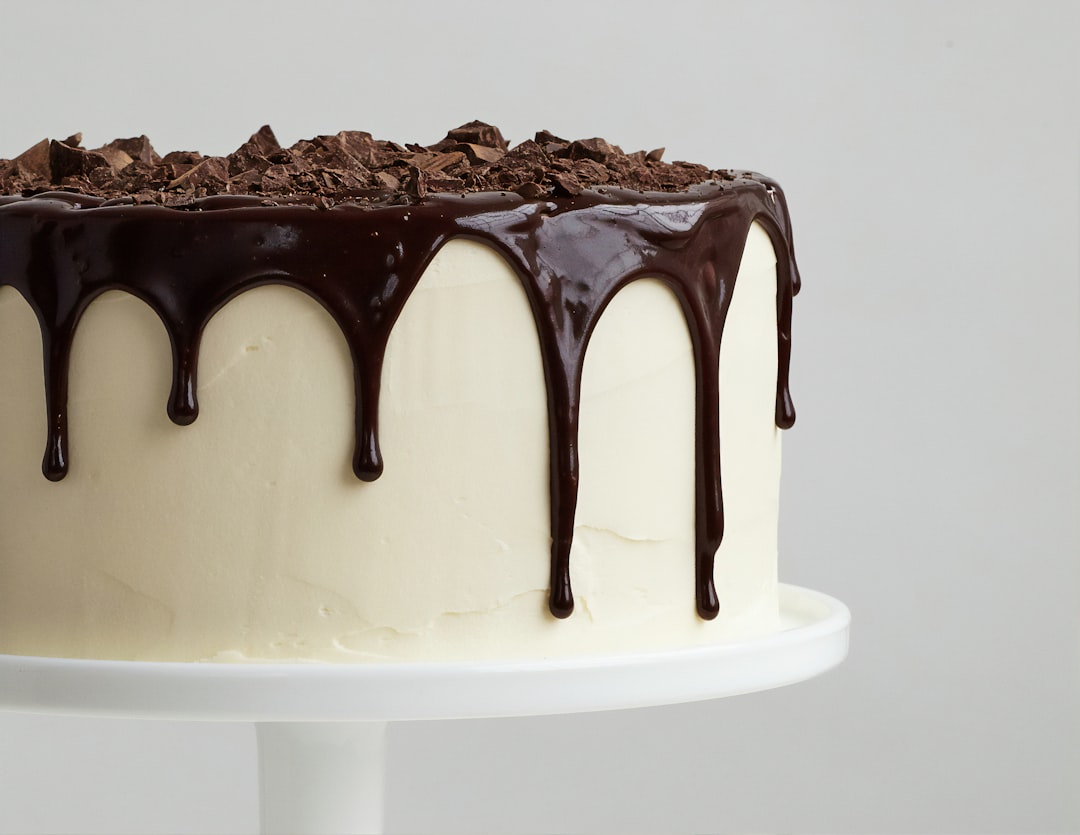Why Stop at Refusing to Bake a Cake for a Same-Sex Marriage?

Let’s stipulate that reasonable people may disagree on whether business owners should have to serve gays if doing that violates their deeply held religious beliefs. Should a business owner who opens a bakery on Main Street, for example, have to bake a cake for a couple planning a same-sex marriage – or face a lawsuit if he doesn’t?
And let’s also stipulate that if the baker says, “This goes against what I sincerely believe,” maybe the gay couple should simply say, “Fine, we’ll go someplace else.”
My personal beliefs, as many of you by now know, is that once you open a business to the general public you have to serve the general public. I would be open to a “conscientious objector” law that allows business owners to turn away vile customers, like Nazis who might want a caterer to bring in food for their annual hate convention. But when laws are based on deeply held religious beliefs, I get nervous.
Here’s why: Opposition to civil rights laws was also, at least in part, based on deeply held religious beliefs. Segregationists justified their bigotry by saying God was against interracial marriage and so it should be illegal. They didn’t want integration in schools, either, because that also violated their deeply held religious beliefs. They even justified keeping blacks out of “whites only” restaurants because that offended their religious sensibilities.
And make no mistake, these bigots weren’t just yahoos. Many held powerful positions in the Old South. They were men who could make life miserable for black people, and not lose a wink of sleep – because they were only following their deeply held religious beliefs.
In 1959, Judge Leon Bazile ruled against an interracial couple in Virginia that wanted to get married, using religion as the basis for his judgment. Here’s what he said:
“Almighty God created the races white, black, yellow, malay and red, and he placed them on separate continents. And but for the interference with his arrangement there would be no cause for such marriages. The fact that he separated the races shows that he did not intend for the races to mix.”
How’s that for a deeply and sincerely held religious belief. The “godless” Supreme Court of the United States saw it differently and declared the Virginia law that barred interracial marriage unconstitutional.
Then there was Mississippi governor (in the 1920s and 30s) and later U.S. Senator (1935-1947) Theodore Bilbo, who once said, “I call on every red-blooded white man to use any means to keep the niggers away from the polls." Bilbo was another bigot with deeply held religious beliefs.
In a book entitled "Take Your Choice: Separation or Mongrelization, Bilbo wrote that, “Purity of race is a gift of God . . . . And God, in his infinite wisdom, has so ordained it that when man destroys his racial purity, it can never be redeemed.” He also said that allowing “the blood of the races [to] mix” was a direct attack on the “Divine plan of God.” There “is every reason to believe that miscengenation [sic] and amalgamation are sins of man in direct defiance to the will of God.”
Or how about Bob Jones University? Until the early 1970s, the Christian Bible school would not allow blacks to enroll. Then Bob Jones changed its policy, allowing black students to attend, but only if they were married. In 1975, the policy was changed again, this time to allow unmarried black students to attend. But the school continued to prohibit interracial dating, interracial marriage, or even being “affiliated with any group or organization which holds as one of its goals or advocates interracial marriage.”
That’s when the “anti-religious” IRS stepped in and revoked the school’s tax-exempt status, saying that it would no longer give tax subsidies to racist schools even if they claimed that their racism was rooted in religious beliefs. In 1983, the U.S. Supreme court ruled in favor of the IRS.
So, as you can see, there is a history of bigots using deeply held religious beliefs to justify their bigotry. That’s why I get nervous when laws allow people to use their interpretation of the Bible to turn away customers from a business that supposedly is open to the general public.
Having said all this, I don’t believe that a baker or a florist or a photographer who doesn’t want to be even a small part of a same-sex marriage is in the same sewer as the bigots of those bad old days. I’m sure many of them are good people. But if deeply and sincerely held religious beliefs can trump well-established civil rights “public accommodation” laws, then anything is possible.
Why stop at refusing to bake a cake or make a floral arrangement for a same-sex marriage? If a business owner believes that homosexuality is a sin – an argument that many of my readers have made in no uncertain terms – why should the law require him to serve gays at all? And while we’re on the subject … or blacks?


